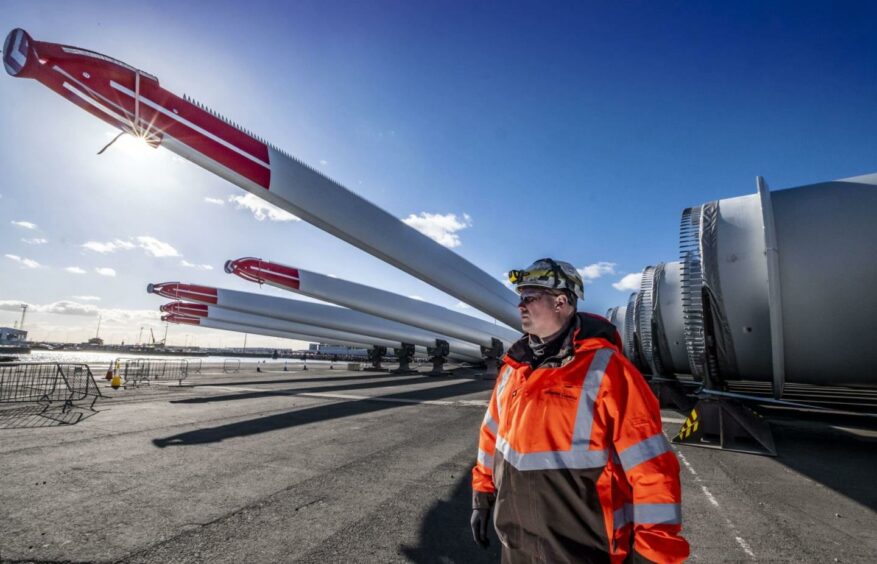
Siemens Energy climbed the most on record after supervisory board chairman Joe Kaeser pushed back against suggestions the troubled turbine maker may need a taxpayer-funded bailout from the German government.
“The company obviously doesn’t need money from the state,” Kaeser told newspaper Welt am Sonntag. “All segments apart from the wind business are doing well, partly better than at the competition,” he said.
The shares (ENR:Xetra) rose as much as 17% in Frankfurt, the steepest intraday gain since Siemens Energy started trading more than three years ago. They’re still down more than 50% this year.
The company confirmed on Thursday that it’s in talks with the government. According to people familiar with the matter it’s seeking loan guarantees worth as much as €16 billion ($16.9 billion) for future projects.
Siemens Energy earlier this year forecast a €4.5 billion loss for fiscal 2024 despite assurances it had finally come up with a plan to address problems with certain wind turbines at its Spanish Gamesa division. S&P in July downgraded it to BBB- from BBB.
The company is seeking backstops over a two-year period after major shareholder and former parent Siemens indicated it was no longer willing to help, people familiar with the matter have said. The company said it’s also speaking to banks, and Germany Chancellor Olaf Scholz described the talks, which are confidential, as “very good.”
The wind turbine losses are clouding Siemens Energy’s other profitable businesses and the company’s total order backlog of €110 billion. The situation is therefore different to last year’s bailout of gas giant Uniper — which was on the brink of bankruptcy after Russia stopped supplying gas and had used €13.5 billion in equity injections, along with credit lines.
Germany’s economy ministry, led by the Green Party’s Robert Habeck, is prepared to support Siemens Energy, viewing it as a strategic asset that will play an important role in protecting energy supplies, according to people familiar with the ministry’s position.
Over the weekend, Frankfurter Allgemeine Zeitung reported that Siemens Energy is working on a hydrogen project with a refinery that had its Russian crude oil supply cut off earlier this year.
As former chief executive officer of Siemens, Kaeser was the main architect of the company’s current structure. He also orchestrated the spin-off of Healthineers in 2016 and Siemens Energy in 2020.
“If you read ‘state aid’ as an investor then panic is pre-programmed. Especially in an already highly nervous market,” Kaeser told Welt am Sonntag. “In fact, it is predominantly about how the enormous growth opportunities in the area of wind energy and energy transmission can be supported, through order guarantees if needed.”
Recommended for you
